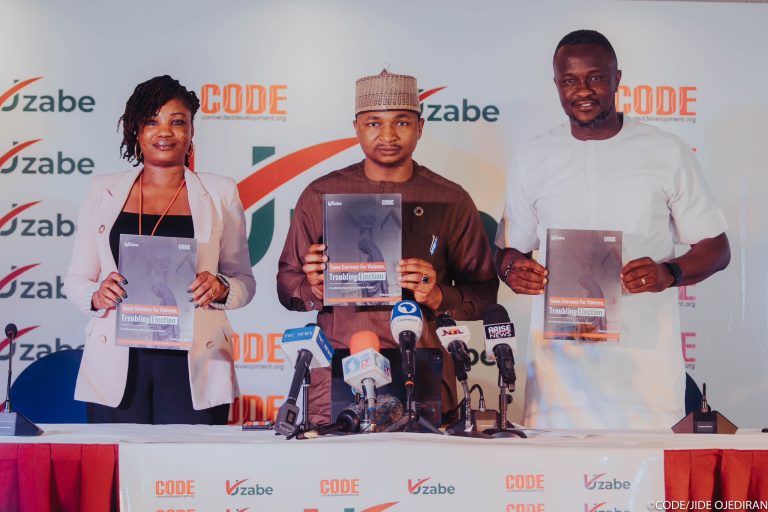A civil society organization, Connected Development (CODE) has unveiled a pre-election security assessment report and electoral intelligence technology to monitor the 2023 elections.
The report tagged “Same Currency for Violence; Troubling Elections” and the EI electoral monitoring tool were initiatives under its ”Uzabe” platform.
Speaking during the event held in Abuja on Wednesday, Hamzat Lawal, Chief Executive CODE, said that CODE used the Uzabe platform, to observe the 2015 and 2019 elections, deploying over 10,000 observers in both elections.
For the 2023 polls, Lawal said that the platform intends to deploy 20,000 community-based observers to provide real-time situation reports from their polling units using two of its channels to provide structured and unstructured data.
“CODE is not interested in the result of the elections but interested in the processes of the elections to ensure that INEC’s guidelines are adequately met in this election.
“The high rate of insecurity as well as the cash crunch due to the Central Bank’s currency redesign policy has escalated the tension causing growing fears, and might impact voter turnout, and as well cause voter apathy among Nigerians.
“We know that corrupt politicians were planning to leverage on this situation to further induce voters, and we are scared that Nigerians may have no option than to sell their votes on election day because of the impact of access to naira.
“One area we are also concerned about is the fact that INEC, looking at the Nigerian Electoral Act 2022 as amended, has the powers to postpone this election on the possibility of breach of peace and security, ” he said.
Similarly, the Director of Democracy and Governance, CODE, Mr. Emmanuel Njoku observed that Nigeria was allocating lesser time for voting, despite introducing the Bimodal Voter Accreditation System (BVAS ) for the 2023 polls.
According to Njoku, while the same system was used in the recent elections in Kenya, 11-12 hours were allocated for voting.
He said that Kenya’s voting population of about 22 million, much lesser than Nigeria’s.
”Still, Nigeria with a larger population of registered voters allocated only six hours for voters to carry out their civic responsibility, ” he said.


